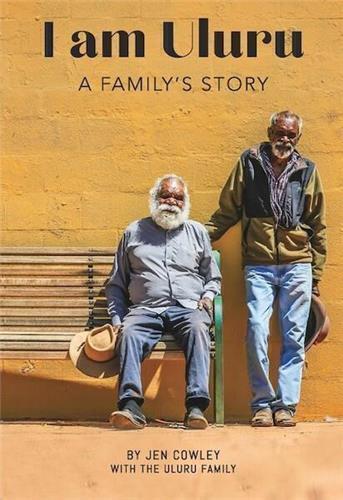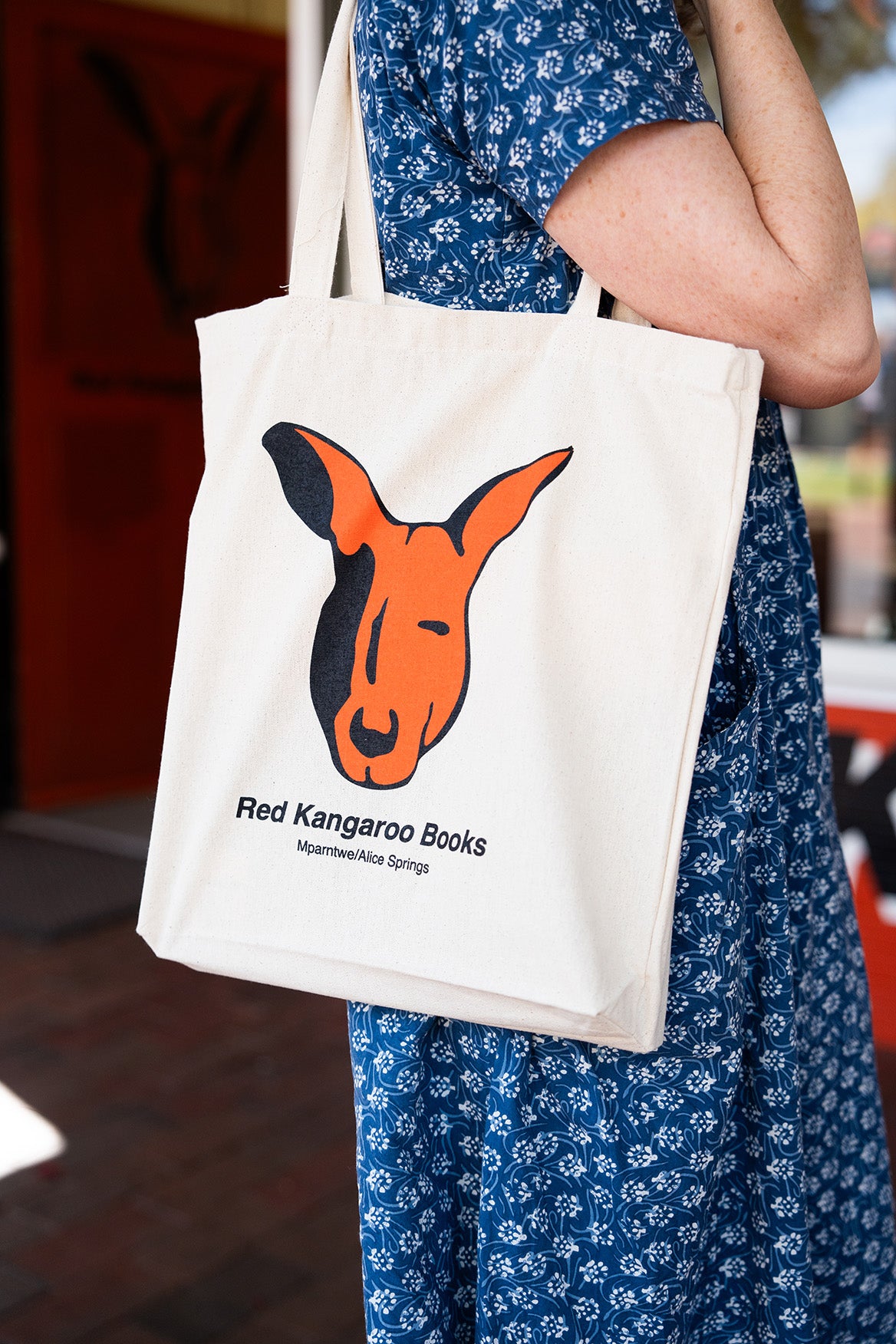
I Am Uluru by Jen Cowley with the Uluru Family

I Am Uluru by Jen Cowley with the Uluru Family
Sale price$40.00
Regular price (/)
About
The until now untold story of the Uluru family - the Australian Aboriginal traditional owners of Uluru-Kata Tjuta (Ayers Rock and The Olgas). A deeply personal glimpse into the traditional world of the Anangu elders and their family - a tale of murder and intrigue, tragedy and loss but also of triumph over adversity; a story of hope and resilience.

